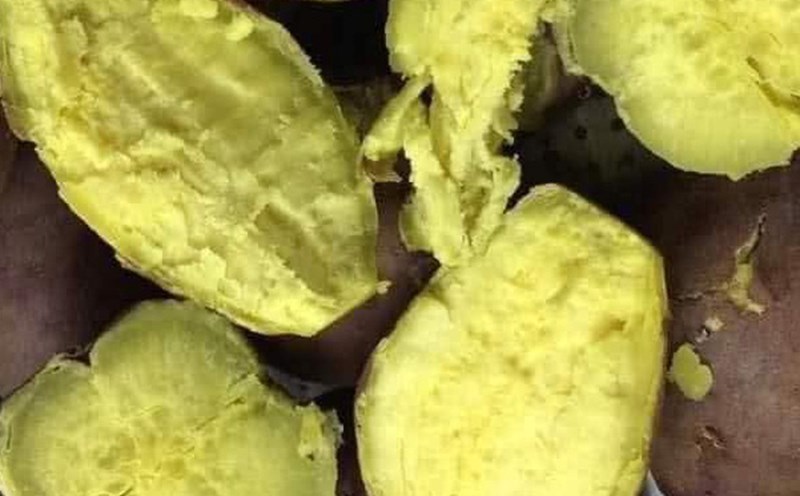Potassium is an essential mineral that helps maintain electrolyte balance and regulate blood pressure. According to the World Health Organization, the recommended daily potassium intake for adults is about 3,510 mg.
Potassium works by helping to excrete sodium from the body through urine and dilate blood vessels, thereby reducing pressure on the artery walls. When there is not enough potassium, the body retains more sodium, increasing blood volume and blood pressure.
Experts also confirm that a diet rich in potassium and low in sodium is effective in preventing and controlling high blood pressure. People who eat a lot of potassium have a 27% lower risk of cardiovascular disease than those who eat less potassium, regardless of their sodium intake.
Foods rich in potassium are very good for regulating blood pressure. Some foods that should be added to your daily diet to help control blood pressure are sweet potatoes, potatoes, bananas, beans (black beans, white beans, lentils), spinach, kale, salmon, yogurt, tomatoes, pumpkin, beetroot, clams, and citrus fruits such as oranges, grapefruits, lemons. This is a very good source of natural potassium.
Not getting enough potassium in your diet is a potential cause of high blood pressure. To protect cardiovascular health, it is necessary to increase the consumption of foods rich in natural potassium, while reducing salt - a simple but effective strategy.











